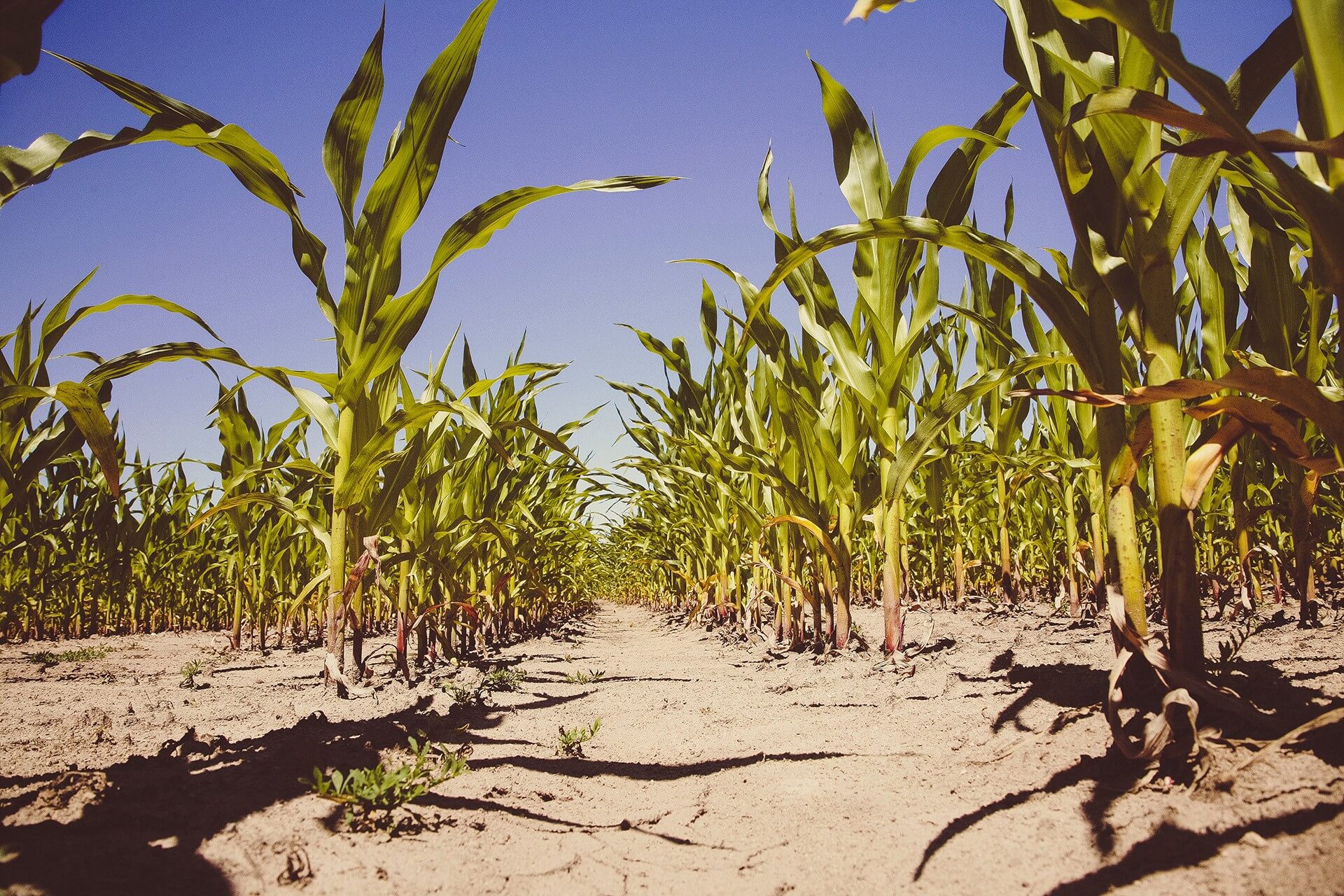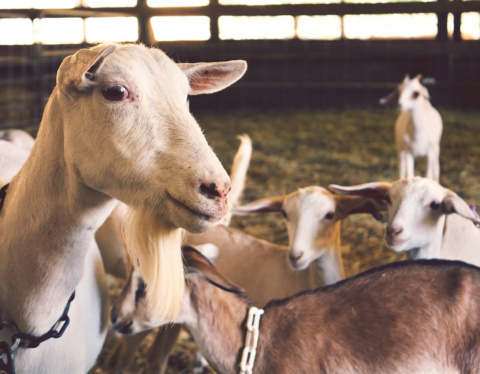
The benefits of maize farming in Nigeria
There have been many voices saying that the measures taken by Nigeria in regard to its policies on imports of maize migh not be as favourable to the country as first believed. As you may know, there are a number of reasons for which CBN, the Central Bank of Nigeria, has given directions that all authorised dealers must stop the processing of Forms M for maize importation in the country. Being a very important directive, we must see what the reasons for such an action were and to analize them to an extent that could possibly explain them.
Thus, the main reasons for this action were, as mentioned in the public notice, very simple ones:
1. Job increases : if there is a higher demand for maize produced locally, there will surely be a higher number of people employed to ensure that maize is produced and maize farming is going as planned.
2. The stimulation of a rapid economic recovery : here we can see that the Nigerian government has alligned its policies to external ones, as there seems to be a worldwide need for economic revival.
3. The safeguarding of rural livelihoods : rural communities have been the most affected by the economic colapse that has ensued in late years and this measure will only benefit them.
4. Last but not least : the much needed increase of local production. Now, as a separate bullet point, this in itself is a very important factor, as it encompasses all the much-needed revival of economy points and makes the measure very logical.
So, how do you turn a weak point into a strong one ? Simple , simply addopt a policy that will include or, even better, is centered around the problem itself. By accepting that maize farming needs to be encouraged locally and trying to do that as best as possible, Nigeria has accomplished that.
Also, new possibilities arrise from the ban on maize importation , such as the very obvious one that suggests maize farming is a matter that needs to be investigated as a pottential investment. Because maize farming will be a good investment for a long time, it is quite clear that this is not only a good momentary ideea, but also a good business opportunity in the long run.
Maize farming will be, as it seems, an opportunity to do farm investment at its full potential. Maize farming will create new jobs and opportunities, new ways of seeing and exploring farm investment at its full potential, so why not explore this idea and try to see if it suits us ? As we come into a new world of possibilities, should we not create our own through farm investment and take advantage of what might have seemed a restrictive measure to boos the economy and create a succesful business ?
How is, or should, farm investment be regarded when talking about countries that have a huge potential but a very small margin for failure ? Should we take into consideration the idea that an investment into such a reliable and long-standing domain such as farming is, or will be in the long term, without doubt a good opportunity ?
Should we be, as an investor, more or less weary of investing in farming in an African country ? Is it fair to consider animal farming or plant farming as being a less lucrative or a more lucrative business only because it is placed in a country that is trying to boost its economy by offering farming funds to new investors ? This is a point of view that deserves to be not only put into the spotlight, but analyzed from multiple perspectives and that we should certainly not overlook.




